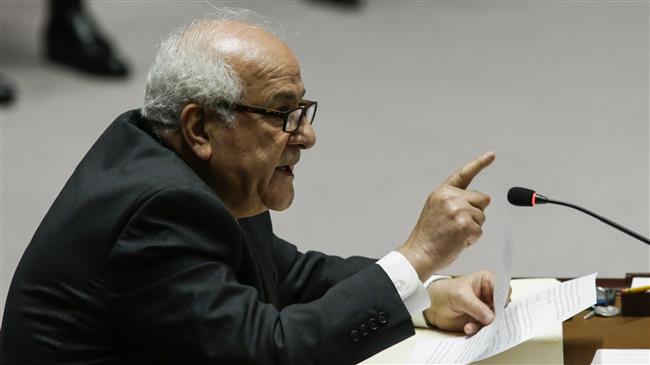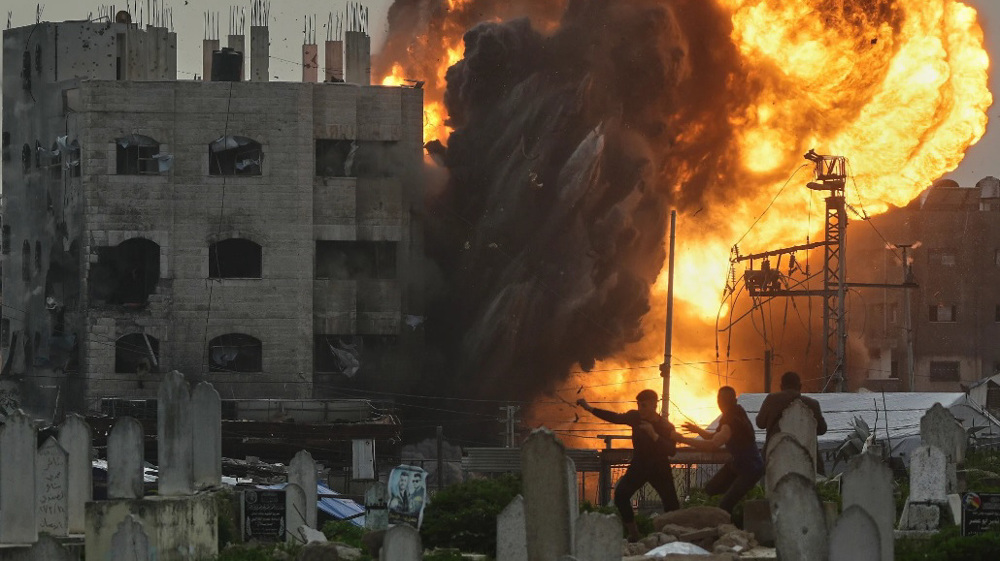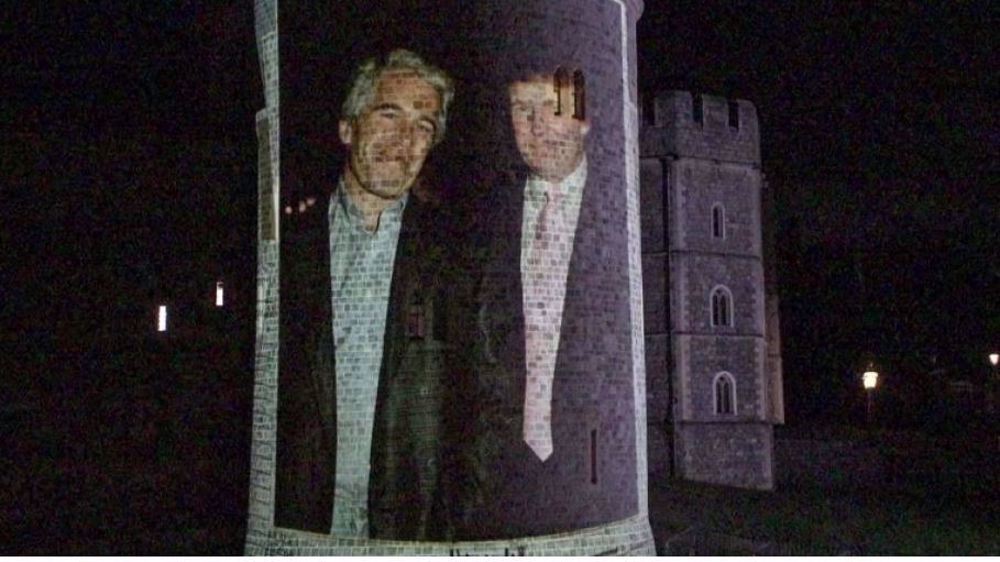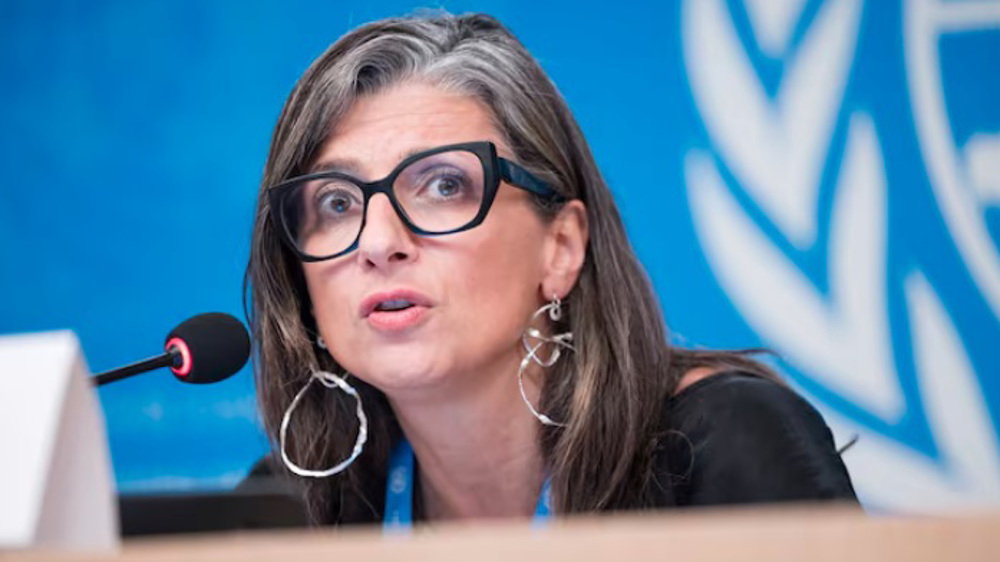Palestine UN envoy censures Israel’s controversial law approval
Palestine's envoy to the United Nations Riyad Mansour says the Israeli regime has created an apartheid state in the occupied territories by approving “the Jewish nation-state law.”
Speaking at a UN Security Council meeting on the Middle East on Tuesday, Mansour said the Tel Aviv regime had adopted the role model of the US segregation of the Black and embarked on segregating the Palestinian people.
“Israelis are not seeking a two-state solution, they are rather pursuing a de facto annexation of the Palestinian land,” he added.
Last week, Israel’s parliament (Knesset) adopted a controversial bill that declares the occupying entity “the nation-state of the Jewish people,” in what is widely criticized as an apartheid measure that could lead to discrimination against its own Arab population.
The draft law prioritizes Jewish values over democratic ones in the occupied territories, declares Jerusalem al-Quds the "capital" of Israel, allows Jewish-only communities, sets Hebrew as the official language of Israel and relegates Arabic from an official language to one with “special status."
The law had drawn criticism by a wide range of NGOs and rights groups as a racist bill that would divide the society. Arabs in the occupied territories form about 20 percent of the population.
Mansour also told reporters later at the UN that after President Donald Trump recognized Jerusalem al-Quds as the “capital” of Israel on December 6, Washington “lost the qualification to be the only party to supervise the political process.”
The Palestine’s envoy said the Palestinians want a “collective process” to try to end the decades-old Israeli-Palestinian conflict involving many countries.
Mansour said the United States can “play a role but they cannot be the only one to supervise this process.”
Tensions have been running high along the fence separating Gaza from the Israeli-occupied territories since March 30, which marked the start of a series of protests, dubbed “The Great March of Return,” demanding the right to return for those driven out of their homeland.
The Gaza clashes reached their peak on May 14, the eve of the 70th anniversary of the Nakba Day (the Day of Catastrophe), which coincided this year with the US embassy relocation from Tel Aviv to occupied Jerusalem al-Quds.
Nearly 150 Palestinians have been killed by Israeli forces ever since anti-occupation protest rallies began in the Gaza Strip on March 30.
A total of 14,811 Palestinians have also sustained injuries, of whom 366 are reportedly in critical condition.
Mediterranean dockworkers stage coordinated strike in solidarity with Gaza
US intel. chief blocked report on ‘call between foreign agent and Trump associate': Whistleblower
VIDEO | Al-Zahra: Once vibrant Gaza City reduced to ruins in Israeli bombing and selling
Iraqi volunteers enlist to support Iran against potential US attack
ICE secretly deports Palestinians in Trump ally's private jet to Israel: Report
VIDEO | Press TV's news headlines
IRGC captures nearly a dozen PJAK terrorists in western Iran
Iran, Qatar say keeping regional peace is shared responsibility











 This makes it easy to access the Press TV website
This makes it easy to access the Press TV website